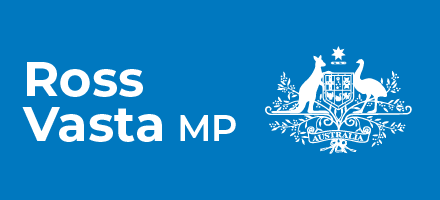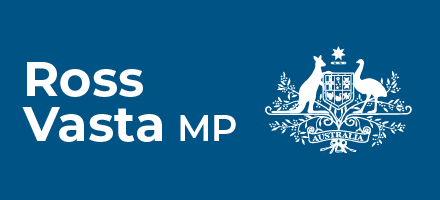New Legislation to Protect Children Against Cyberbullying
In a big step towards Australian children being better protected against cyberbullying when they go online, the Enhancing Online Safety for Children Bill 2014 has been introduced in the Commonwealth Parliament, Federal Member for Bonner, Ross Vasta, said today.
“Parents, schools, teachers and children in Bonner have given me extensive feedback about the harmful effects of cyberbullying, and the impact it can have on young people,” Mr Vasta said.
“This bill will play a significant role in addressing the growing problem of cyberbullying, and will enhance online safety for children in our community.”
The Bill was introduced into Parliament by Paul Fletcher MP, Parliamentary Secretary to the Minister for Communications.
“This is about delivering on our election promise to enhance online safety for children,” said Mr Fletcher.
“With research showing that one in five Australian children are the victims of cyber-bullying, this Bill brings powerful new tools to help keep children safe online.”
The Enhancing Online Safety for Children Bill 2014 includes a range of measures to combat cyberbullying and provide a safer online environment for children, including:
· Establishing the office of the Children’s e-Safety Commissioner (theCommissioner) and setting out the Commissioner’s functions and powers;
· Creating an effective complaints system for harmful cyberbullying material targeted at an Australian child, with the Commissioner given two sets of powers it can use in responding to a complaint:
o The power to issue a notice to a large social media service (social media service notice) requiring it to remove the material;
o The power to issue a notice to the person who posted the material (end-user notice) requiring the person to remove the material, refrain from posting the material or apologise for posting the material.
The measures in the Bill are designed to encourage large social media services to work cooperatively with the Commissioner under what is called ‘tier 1’.
However, if a large social media service repeatedly fails to respond to a notice from the Commissioner, then it can be moved to ‘tier 2’, meaning that it has a legal duty to remove cyberbullying material if it receives a notice from the Commissioner, and faces substantial fines if it does not.
“We have consulted very extensively – with schools, parents, kids from ages 5 to 17, social media services and other stakeholders – both in opposition and in government,” Ross Vasta said.
“The message from the community is loud and clear – government must act to fight cyberbullying and help keep Aussie kids safer online.”
The Commissioner will take a national leadership role in children’s online safety initiatives across government to develop and implement policies to improve safety for children online. The Commissioner’s office will be established as an independent statutory office with in the Australian Communications and Media Authority.
The Commissioner will work closely with police and other government agencies, as well as the internet industry, child protection organisations, and parent and teacher associations.
The Commissioner will administer funding of $7.5 million for online safety programmes in schools and $0.1 million to support Australian-based research and information campaigns on online safety.




